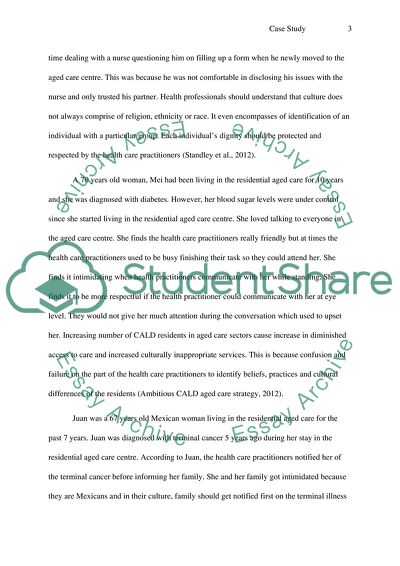As a health professional providing services in residential aged care Essay. https://studentshare.org/medical-science/1837395-medical-management-strategies-in-australia
As a Health Professional Providing Services in Residential Aged Care Essay. https://studentshare.org/medical-science/1837395-medical-management-strategies-in-australia.


